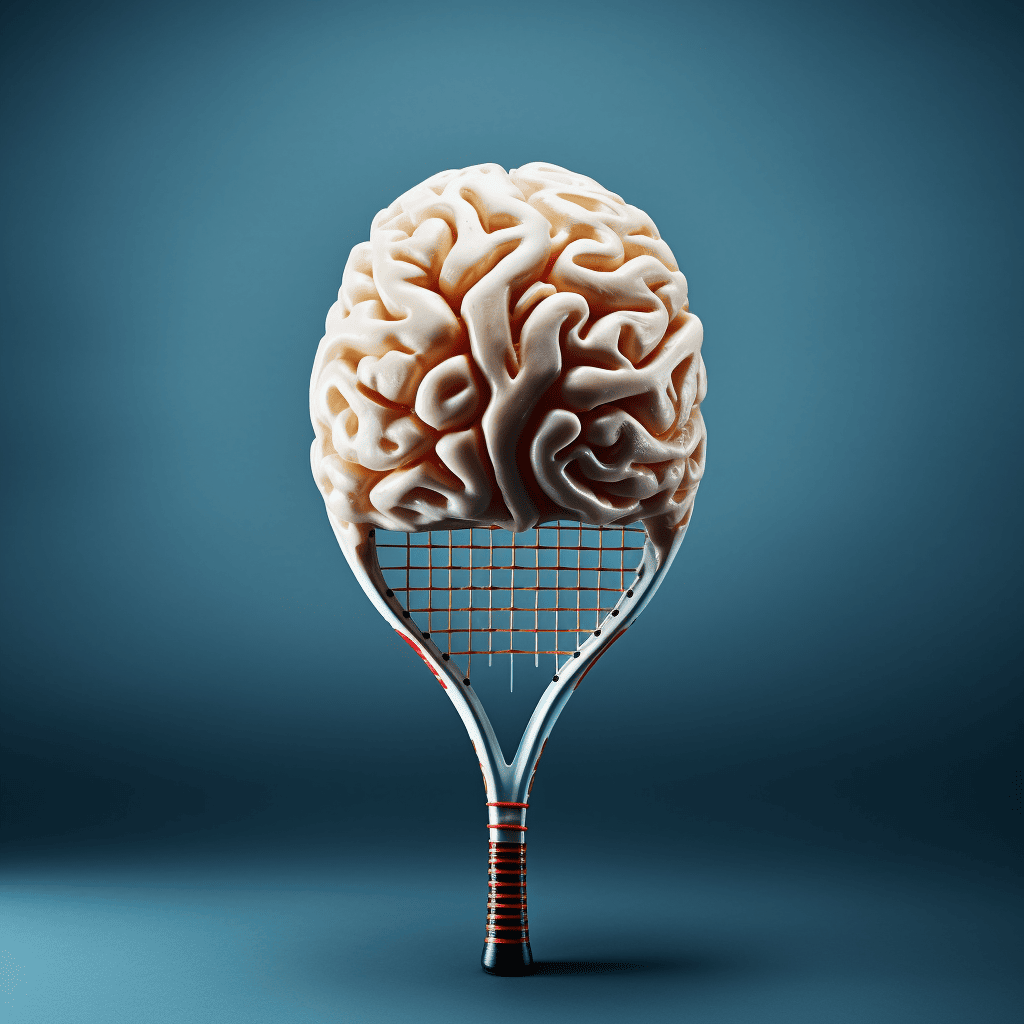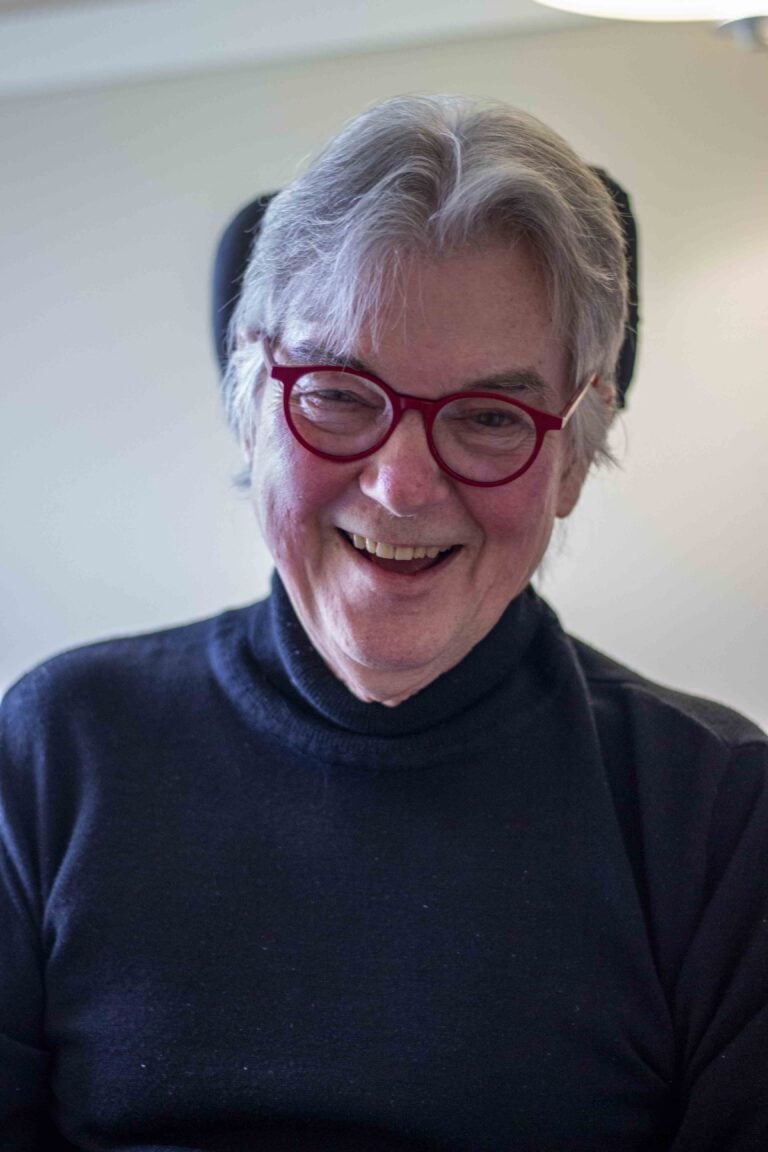Despite his age, 36-year-old Novak Djokovic has been at the top of men’s tennis for a decade with no clear end in sight.
So far, he has surpassed his rivals of the last two decades and, as of the morning of July 16, was set to add yet another Grand Slam win to his total of 23, compared to Roger Federer’s 20 wins and Rafael Nadal’s 22.
With a win, Djokovic would be but one Grand Slam away from the Holy Grail of tennis by winning all four major tournaments in a calendar year.
If that’s not enough intimidation for any opponent, one more win at Wimbledon would tie Federer’s record of eight at Wimbledon and cement Djokovic’s reputation as the toughest opponent for any aspiring challenger to overcome on grass – and never more dangerous than at Centre Court in the final at Wimbledon.
His rival on July 16 was Carlos Alcaraz, a 20-year-old Spaniard whose prior experience on grass courts was limited to three matches and who earlier was beaten by Djokovic in the French Open final.
Alcaraz clearly suffered from a bad case of nerves during that match, causing muscle cramps and hobbling after the second set.
Tennis sages were enthralled by the brash young Spaniard’s athleticism and performance last year at the US Open, albeit against a far less dangerous foe than Djokovic.
Many pundits worried that although Alcaraz easily disposed of other rivals in the run-up to the final of this year’s Wimbledon, against Djokovic, Alcaraz might once more suffer from a case of nerves, this time on the centre stage where Djokovic hasn’t lost for a decade.
It’s a very intimidating record for any rival – even Federer and Nadal – to deal with, and the first set seemed to confirm a possible repeat of the French Open for Alcaraz when he lost 6-1 to Djokovic.
Tennis is one of those games, especially singles matches, where what goes on in the head – concentration, focus, determination, willpower and experience in tough situations – counts as much as, or more than, sheer athleticism and motor skills for winning.
That’s what made Djokovic so hard to beat for so long: he’s tough mentally, has enormous experience and formidable well-honed defensive and offensive skills.
To those who watched Djokovic over the years, Alcaraz seemed to be the latest lamb led to the slaughter on tennis’s most storied Centre Court at Wimbledon.
There have been many challengers to Djokovic over the last decade but, except for the odd loss, Djokovic triumphed every time, especially when it counted. He was a supreme clutch player, never more dangerous than when he was down.
But against a young opponent with a complete game including a devastating forehand, drop shot and overhead lob, great reflexes, speed and incredible court sense, who learns on the fly to adjust to different surfaces and conditions, Djokovic was up against an opponent unlike any other – as Djokovic freely acknowledged following his loss.
It’s safe to say that Alcaraz made Djokovic nervous, and it showed during the match, especially in the critical second set when the two men played an incredible 32-point game with 13 deuces that lasted over 26 minutes. Ultimately, Alcaraz won the second set.
It was one of those defining points that, if lost, can badly shake a player’s confidence, which clearly happened to Djokovic. He went on to lose that set and the third set to follow, which perhaps planted in Djokovic’s head that he was in a real match with an opponent with formidable skills where the outcome was uncertain and no longer his to dictate.
Following the third set, which Alcaraz won, Djokovic took an unconscionably long “bathroom break,” probably to settle his nerves and perhaps unnerve his eager young opponent who seemed to be in a winning groove – a blatant example of psychological warfare, I thought.
To no one’s surprise, Djokovic won the next set. Then came the all-important fifth and final set.
This time, it was Djokovic who cracked when Alcaraz broke Djokovic’s serve. From watching Djokovic’s face and body language, it must have finally sunk into Djokovic’s head that this young opponent, unlike so many before him, was as tough as he was, and he could lose. He did.
It was an amazing match for the ages between two very fine players, one nearing the end of his career – hopefully with some wins to come – and the other likely to be centre stage and as dominant as each of the big three were in their days on centre stage, including Djokovic.
It was also an example of just how tough tennis can be in the head, never mind the body.
Both men were very impressive and hopefully, we’ll see more high-calibre matches from both players and equally talented players will emerge to challenge both Alcaraz and Djokovic.
Talking about mindfulness, this match was a case of Alcaraz focusing his mind a point at a time, never dwelling on miscues or distractions while allowing his formidable defensive and offensive talents to emerge.
Dr. William Brown is a professor of neurology at McMaster University and co-founder of the InfoHealth series at the Niagara-on-the-Lake Public Library.








